About us.program overview

Small Groups.

Secured
Payments

Local Guides.

Easy Payments
Maasai land Explorer
Volunteer in Tanzania with “Maasai land Explorer” to day. “Maasi land Explorer” local staff in Tanzania requires volunteers NOW! The “Maasai land Explorer” has a wide range of volunteering projects in Tanzania, including Teaching, Orphanage Work and Medical.
LOCATION OF TANZANIA VOLUNTEER PROGRAM
“Maasai land Explorer” placements located in urban and rural Tanzanian communities and villages. As this project is based in Arusha, volunteers will need to fly into Kilimanjaro International Airport (if travelling to the program by air).
START AND DURATION OF TANZANIA VOLUNTEER PROGRAM
Programs begin on the 1st and 15th of each month. Volunteers can choose to volunteer for periods ranging from 1 week to 6 months.
TANZANIA VOLUNTEER REQUIREMENTS
Volunteers must be 18 years or older at the beginning of the program and have at least a high school education. For the Medical Placement, volunteers must be training or qualified in a relevant medical field; Pre-Med, Pre-Nursing and Pre-Health students are eligible to volunteer on this program, as well as Medical and Nursing students and fully-qualified Medical and Nursing professionals. Medical volunteers must also register at least 4 weeks before their start date due to the registration process with local Tanzania hospitals and clinics. All volunteers must provide a criminal background check to “Maasai land Explorer” partner staff on arrival in Tanzania.
HOW MANY OTHER VOLUNTEERS WILL THERE IS?
Last year we placed over 400 volunteers on our Tanzania program, making us one of the most popular volunteer organizations in Tanzania! Between 25 and 60 volunteers start on our programs in Tanzania each month. What does this mean for you? More people to socialize with and travel with, more people to meet from different cultures, more people to volunteer with, more projects to work on, more staff support, better infrastructure for volunteers and lower fees!
TANZANIA VOLUNTEER TESTIMONIALS
“I was happy with my placement and embraced all the challenges and rewards that came along with it. I ended up teaching the majority of the day while I was in the classroom and the teacher was very grateful and open to any suggestions/help that I offered to him and to the students. I felt quite spoiled at my volunteer house. The house mamas do a beautiful job of keeping the house clean. The food was always delicious and there were very few times that food would completely run out – usually there was plenty to go around, even during the peak time of the summer.
I enjoyed getting to know all the other volunteers, especially ones from other countries. I enjoyed the culture and people of Tanzania and was thrilled every time I taught more Swahili to use around town. I enjoyed all the day trips and longer trips that I was able to go on. I took several trips to other places during my volunteer stint which all allowed me to see more of eastern Africa. I most enjoyed seeing 15 beautiful, smiling faces beaming up at me every time I walked into the classroom that I volunteered in!” – Carol B (Teaching)
Start With us?
TANZANIA VOLUNTEER PROJECT DESCRIPTIONS
TEACHING
Our volunteers are placed in English Medium schools, Government schools or Orphanage schools, in which the presence of volunteers is beneficial in opening the minds and horizons of the children, along with exposing them to spoken English as spoken by a native or very fluent English-speaker. Children in Tanzania love to go to school, and they often start as young as 3 and wherever possible, children hope to stay in school until at least 14 years of age, as education is highly valued in Tanzanian society. In this program, volunteers can work by themselves or alongside other teachers and volunteers, and typical subjects taught include English, Math, Science, Social Studies (Geography and History), Art and Physical Education. There can be between 30 and 80 children in each class and volunteers therefore assist the local teachers with daily classes, providing one on one attention to the children, and sometimes relieving the teacher of a class or two per day.
Volunteers DO NOT need to be qualified or have previous teaching experience to volunteer on this program. English Medium Schools run throughout the year and have holidays for the entire month of April, the entire month of August and the entire month of December. Government schools have holidays the entire month of June and the entire month of December. They also take short, week-long holidays during Easter and September.
Orphanage Schools do not have set holiday schedules, but take shorter breaks of 1 to 2 weeks at different times of the year. During school holidays, volunteers can take a break, travel, engage in tourist activities such as safari, take tutorials for senior students, or participate in another placement. However, as each school-type has holidays at different times there is Teaching work available throughout the year.
There is also an opportunity to work with a special needs school in Arusha for those who are interested. The school has around 25 children, ranging in age from 3 to 25 years old. Their disabilities range from physical disabilities to mental disabilities, such as autism and Down’s syndrome, or visually impaired children. They need a lot of love and attention and support in their studies. If anyone has experience working with special needs children or is interested in volunteering at the school, please let us know and we will note this on your file for our local staff to take into consideration..
“Maasai land Explorer” EXAMPLE PLACEMENT: Sakina Primary School
Located in Sakina area, 10- 15 minutes’ walk from the “Maasai land Explorer” house, this school has over 140 children ranging in age from 3 to 13. This school selects its children from the surrounding area from low income families but also accepts orphans who are in great need. Volunteers teach classes dependent on their education, confidence and experiences but past volunteers have taught English, French, Mathematics, Science, Social studies, Arts and Sports. NB This is only an example placement which is one of many offered by The Olokii Volunteer project in Tanzania and not necessarily the one you will be working at.
ORPHANAGE WORK
Sub-Saharan African countries are suffering from a huge number of orphans left behind after their parents die from illnesses such as HIV/AIDS resulting in a larger number of orphanages in countries such as Tanzania, Contributing to this disproportionate number of orphanages is the fact that in some cases the parents are simply unable to provide for the children or they have been abandoned, increasing the number of orphans in Tanzania.
Volunteers need to understand, however, that Tanzanian orphanages are not organized the way most Westerners expect. Because of the family-oriented culture, orphans tend to be absorbed into extended families or are even sometimes taken in by neighbors. These added children put a huge strain on the families who take them in and so the orphans are sent to ‘orphanages’ for certain hours of the day to receive education, interaction and food. Western volunteers must understand that the children usually do not live at the orphanage and are only there for a few hours in the day and so, if placed in an orphanage, you will likely be asked to teach during the day. Along with teaching, volunteers who work in an orphanage help with the general running of the orphanage and daily chores.
Your participation in an orphanage project is not only appreciated by the children but also by the orphanage administration. This work ranges from cooking and cleaning to teaching, farm work, caring for children and babies, and assisting with feeding programs.
Maasai land Explorer EXAMPLE PLACEMENT: Faraja Orphanage Centre
Located at Kwa Ngulelo village near Arusha this orphanage is home to sixty children ranging in age from 4 to 14. During the school period there is a nursery school program in the orphanage for the lower aged children in the orphanage and local village. Attending this school is approximately 40 children in total, spread over two classrooms.
Volunteers in this orphanage help teachers to do their lessons, drawings, sports, games and sometimes assist with the cleaning of the dormitories and clothes. In addition to this they also help with the cooking of meals for the children. NB This is only an example placement which is one of many offered by “Maasai land Explorer” in Tanzania and not necessarily the one you will be working at.
MEDICAL PLACEMENT
Healthcare is neither easily accessible nor affordable for many Tanzanians living in the rural villages and poor urban areas. Poverty creates a large barrier to the acquisition of healthcare in general, and our volunteers work in a number of medical clinics and hospitals in Arusha. These dispensaries and hospitals have very basic equipment and facilities and volunteers are placed in a hospital, clinic or dispensary based on previous medical training and experience.
Some hospitals and clinics include departments such as Laboratory Testing, Pharmacy, Maternity and Family Planning, Radiology, Ultrasound and Dentistry, and volunteers who have an interest in these areas must let us know so that we can note this on your file. The key requirements of any medical volunteer (aside from the relevant training and qualifications) are initiative, enthusiasm, and readiness to work in unfamiliar circumstances – a surgery with minimal equipment, an understaffed hospital, or a clinic for HIV/AIDs or tuberculosis patients. It is important that medical volunteers have realistic expectations with regard to the activities that they will get involved in while on the placement.
Volunteers will generally shadow a doctor and provide basic patient care because of the utmost importance of proper healthcare and the fact that most volunteers cannot communicate directly with patients due to language barriers. Due to the differences in the Tanzanian healthcare system, volunteers need to understand that a key role in medical placements is simple observation, as the doctors are understandably hesitant to allow volunteers to operate on patients.
Volunteers must be training or qualified in a relevant medical field; Pre-Med, Pre-Nursing and Pre-Health students are eligible to volunteer on this program, as well as Medical and Nursing students and fully-qualified Medical and Nursing professionals, including those qualified in the specialist departments listed above.
- All medical placements require a one off placement fee of US$80 regardless of your placement duration. This fee goes directly to the Medical Centre with which you work and is payable in Tanzania directly to the local staff.
The Olokii Volunteer project EXAMPLE PLACEMENT: Ngarenaro Maternity Clinic
Located in the city centre 3 km from the “Maasai land Explorer” house, the clinic is very busy serving pregnant women and their babies from Arusha city and the surrounding area. The clinic accepts volunteers who are both medical professional and medical. Volunteers have done a variety of jobs at this clinic but the main task and roles center on assisting local nurses in the labor room, giving vaccinations to newborns, general cleaning in the ward, and treating mothers and their children who come to attend the clinic. NB This is only an example placement which is one of many offered by “Maasai land Explorer” in Tanzania and not necessarily the one you will be working at.
TANZANIA PROGRAM COSTS
One of the strengths of The Olokii Volunteer project is our extremely affordable fees. To see the program cost to volunteer in Tanzania goes to our fees page and what you receive in exchange for your fees.
ACCOMMODATION AND MEALS
Considering the fact that hotels and guesthouses can be expensive for volunteers especially those wanting to stay for longer periods, we work on a program where we place our volunteers in a home stay where they live with a local family or a volunteer house with other volunteers (please note that spaces in the volunteer house are very limited and can only accommodate 18 to 26 people). The volunteer houses (we have two of them in Arusha) are large, Western-style house with 6 bedrooms (all shared accommodations with bunk beds).
They have 2 bathrooms with Western-style toilets and occasional hot water for showers. The house is safe and secure, with a security guard and a large gate. In the volunteer house, there is a cook who cooks the meals for the volunteers. While we ask for an accommodation preference prior to arrival, it is very important for volunteers to realize that spaces in the house are limited and cannot be guaranteed at all.
For the home stays, we give that family money from your fee for support, food and board. It is exciting to stay with a family; that way you will learn the Tanzanian way of life, meet local people, eat local food and engage in local customs and traditions. Living is basic but all the home stays have electricity and running water and accommodate volunteers in SAFE and SECURE homes with at least two other volunteers – never alone. All home stays have been inspected thoroughly by local staff and chosen because of their safety and security. Do not worry about staying in a home stay—we would not place you somewhere that is unsafe. Most volunteers here love their home stays and feel that they get a more authentic Tanzanian experience by staying there.
Sometimes the power and water go out due to some technical problems, but this is for both the volunteer house and the home stays. In this event, we always make sure that we provide bucket water for bath and toiletries. Volunteers can expect to share a room with one or two other volunteers. While bedding is provided it is recommended that volunteers bring their own sleeping bag and towels for any trips away. Home stays are located in the town of Arusha and in the villages and surrounding country side of Arusha. Some home stays may be a 20-30 minute drive (by dalladalla) from the city centre.
Regardless of the tribe or culture your host family is from, they will be sure to give you a good Tanzanian treat and meals will be relatively varied. Bottled water is readily available in Tanzania and volunteers should budget approximately US$5 per week for this (2 litres per day). Breakfasts generally consist of Chai (tea), toast, fruit and mandaazi (deep fried dough).
A typical lunch can include meat and vegetables with rice, sandwiches and fruit while dinner usually sees traditional food such as ugali and chapatti accompany the meat and vegetables. Breakfast is taken in the morning, then, lunch, which is served at about 1 pm (or you can take a packed lunch if you wish to eat at your project) and then dinner/supper served at 6 or 7pm. If you have special eating needs, please let us know ahead of time so that we can make arrangements for you. However, we need to stress the point that you should not expect to eat as you normally do at home. We will do our best to see that you are well taken care of, but also as a volunteer, there is a need to be flexible.
ORIENTATION
Orientation will be held on the weekday closest to the 1st and 15th of each month. For instance, if the 15th falls on a Thursday, orientation will be held on that day. However, if the 1st falls on a Saturday, orientation will be held on Monday, the 3rd for example. Orientation will be conducted by staff in Arusha and cover everything you need to know for your volunteering placement in Tanzania—Introduction to Tanzania, Tanzanian Customs, Introduction to Language (Swahili), Rules and Expectations, Safety, Travel Opportunities in Tanzania and Introduction to your project and placement. The orientation will also give you a chance to meet other volunteers and swap contact details for weekend travel and socializing. Once orientation is complete, volunteers will be taken on a city tour and shown how to return to their accommodation from the city centre.
VOLUNTEER WEEK
First Day: On the first day of the volunteering placement, the volunteers will be escorted to the project and introduced to the staff at the project you will be working with.
Weekdays: While our programs are flexible and can be fitted to your requirements, an example of a typical day is as follows.
7.30AM Breakfast with the host family or other volunteers (if staying in a volunteer house).
8.00AM Volunteer leaves home and catches a dala dala (or walks) to the project.
The volunteer joins with the local staff. You will be given a duty roster and a plan for your work. There is usually a tea break and a lunch break. Work and hours is dependent on the project and location that the volunteer is participating in.
12.00PM-5.00PM Work at the project usually ends. The volunteer at this point is free to visit and see places or do shopping. You may also want to hang out with the kids up to around 6.00PM.
6.30PM Dinner with the host family or other volunteers.
Weekends: During the weekend, volunteers have spare time and usually just relax or take the opportunity to explore other parts of their local town and Tanzania. Long weekends can be taken to go on safari or to travel further afield to places such as Zanzibar, Kenya or Uganda. If volunteers wish to volunteer over the weekends they can join local teams and visit other orphanages (or other children helping organizations) to spend time simply playing with and entertaining the children.
The Volunteer Fees for one month per person are $500 USD. This includes pick-up at the Kilimanjaro International Airport (KIA) or from Arusha Airport, program materials and expenses, program transport (such as vehicle repair and gas), salaries for the Olokii project staff, and Room and Board. Volunteers receive three meals a day, seven days a week while on the program site. Volunteers are housed in our four-person volunteer hose located in Olokii village.
WHAT ADDITIONAL COSTS WILL I HAVE?
Visa (US$100 for US nationals and US$50 for non-US nationals), work permit (US$200 and is valid for 3 months), flights, vaccinations, souvenirs, safari trips or tours you do while in the country, transfer back to the airport from program, spending money (volunteers in Tanzania generally find US$35 to be sufficient for basic weekly expenses).
Not included in this fee are airplane tickets, Safari fees, leisure travel, souvenirs, and food/drink outside of the home stay. However, we do have a discount arrangement with a good safari company (if you would like to visit Tarangire, Manyara, Ngorongoro and Serengeti National parks).
Volunteer Fees for Volunteering with us in Tanzania.
Duration Cost $USD
3-weeks – $450usd
5-weeks – $550usd
8-weeks – $800usd
12-weeks – $1,200usd
Capital: Dodoma
Population: 37,849,133
Official languages: Swahili
Currency: Tanzanian shilling (TZS)
Time zone: EAT (UTC+3)
Weather and Climate: Tanzania is hot throughout the year and is humid on the coast and dry on the central plateau. The heavy rains last from March to June and can make unsealed road travel difficult. The hot, dry weather in January and February attracts the most tourists.
The best time to visit the Serengeti is from January to March when the grazers are calving and there are plenty of lion around, or to witness the wildebeest migration to and from Kenya which occurs at the onset of the dry season and again with the first rains, usually the beginning of June and mid-November. Zanzibar has a warm climate year-round and its coastal resorts are tempered by sea breezes. The island is best avoided in April and May, the rainy season.
Our Happy Clients!
Our Tanzania trip was fabulous. Spotting the Tree-climbing lions and Black Rhino was unforgettable. Thanks for fulfilling our dreams. We’ll be back soon!
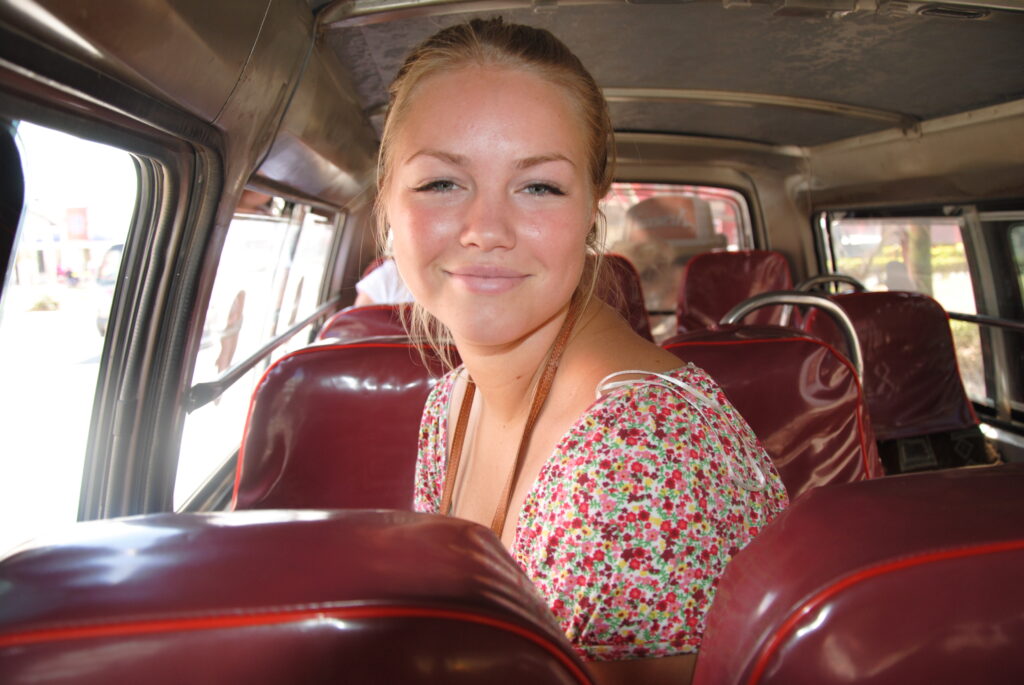
Clara Smith
Thank you, Maasai Land Wonders Team, for your exceptional care during my 3 Months Volunteering program. A thousand thanks for an unforgettable experience.
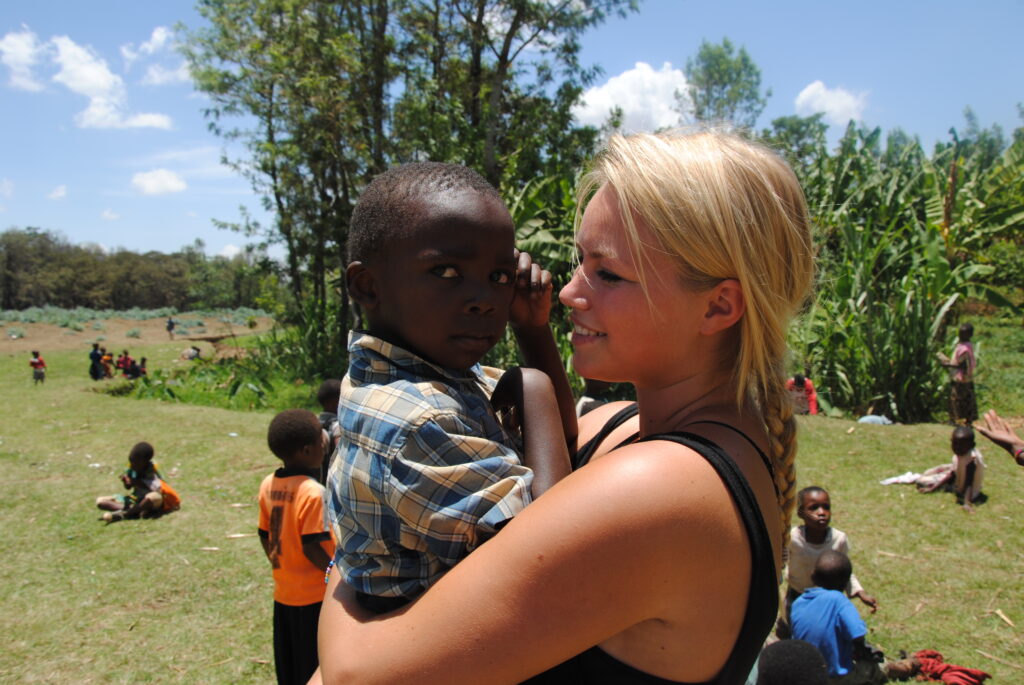
Shelly Barns
Thank you, Edwin and your team, for an amazing 7-day trip. Your personal care and dedication made it unforgettable. 1000 thanks!
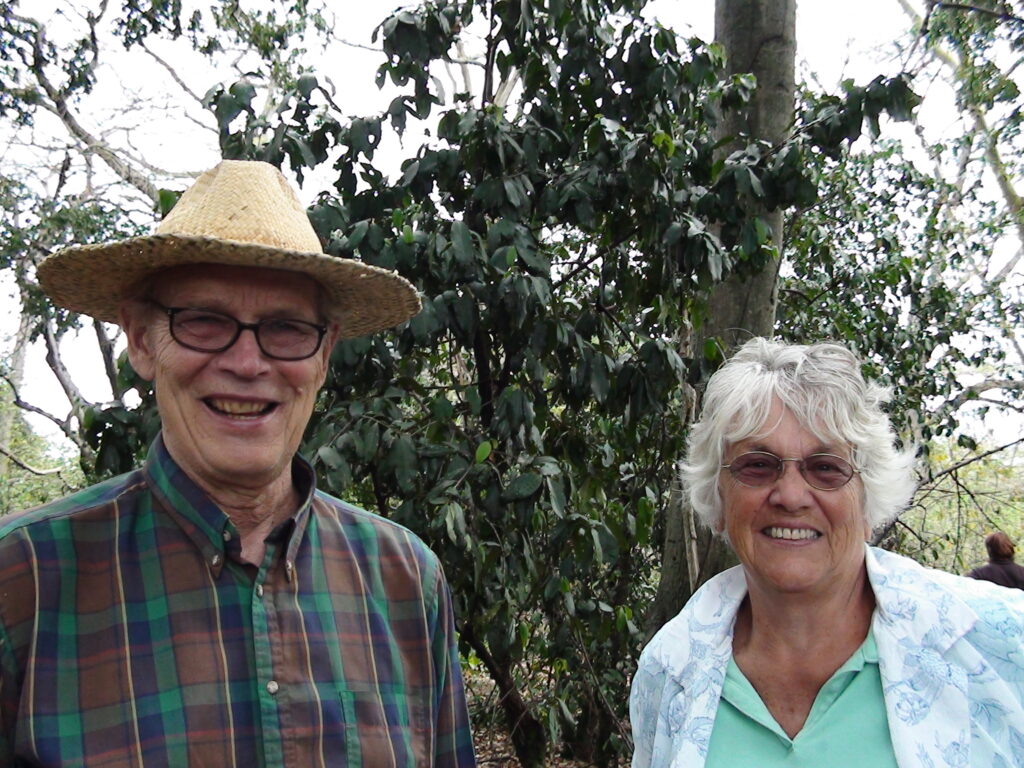
Jacob Luke
Contact us, We're at your Service.
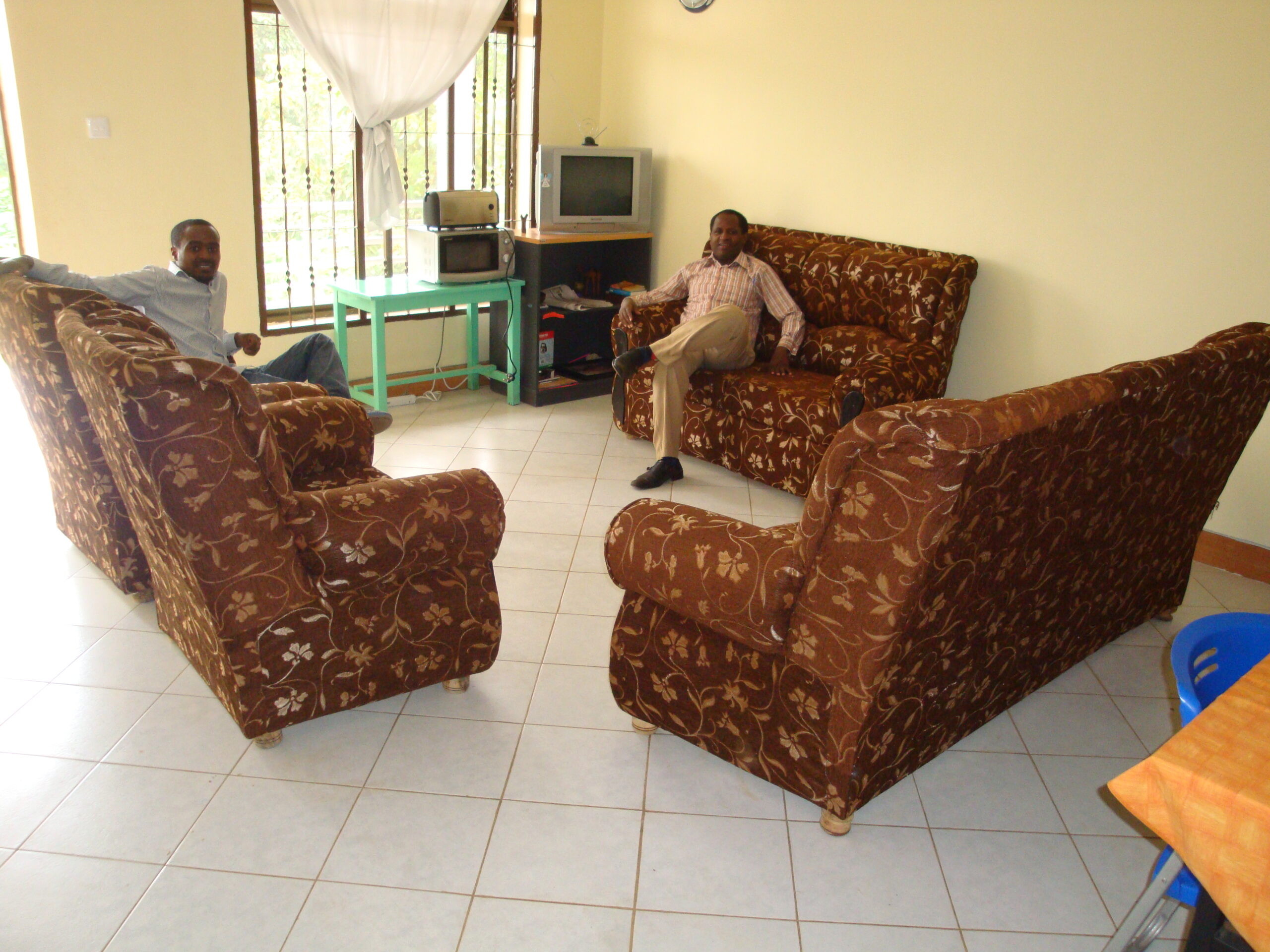
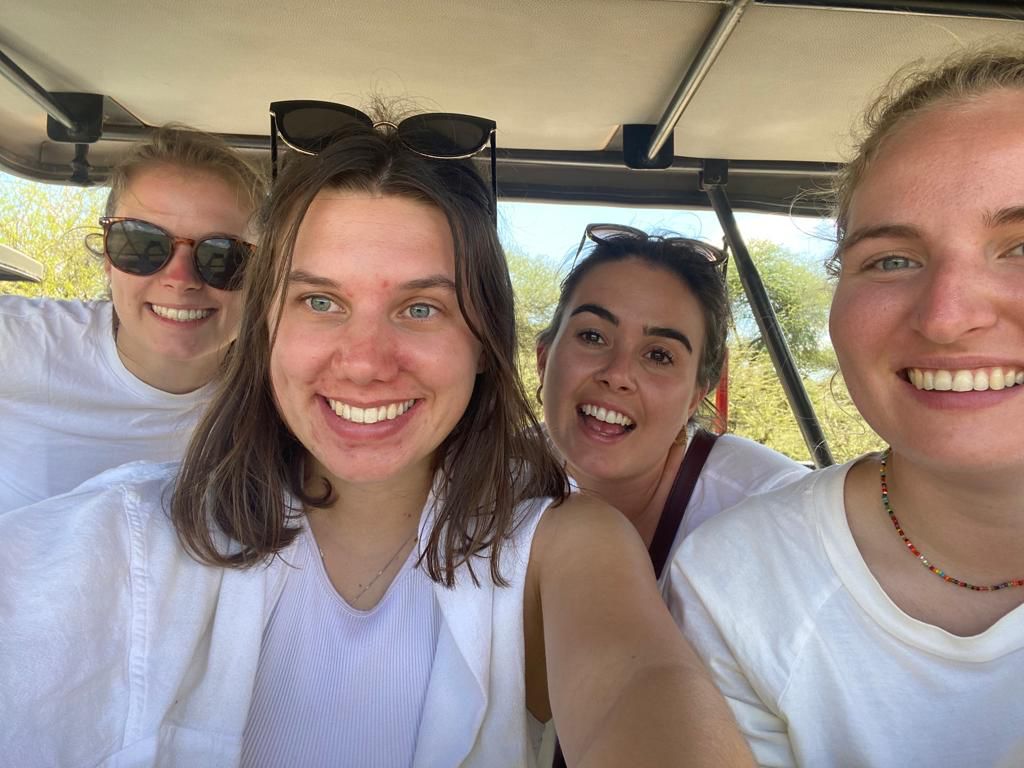
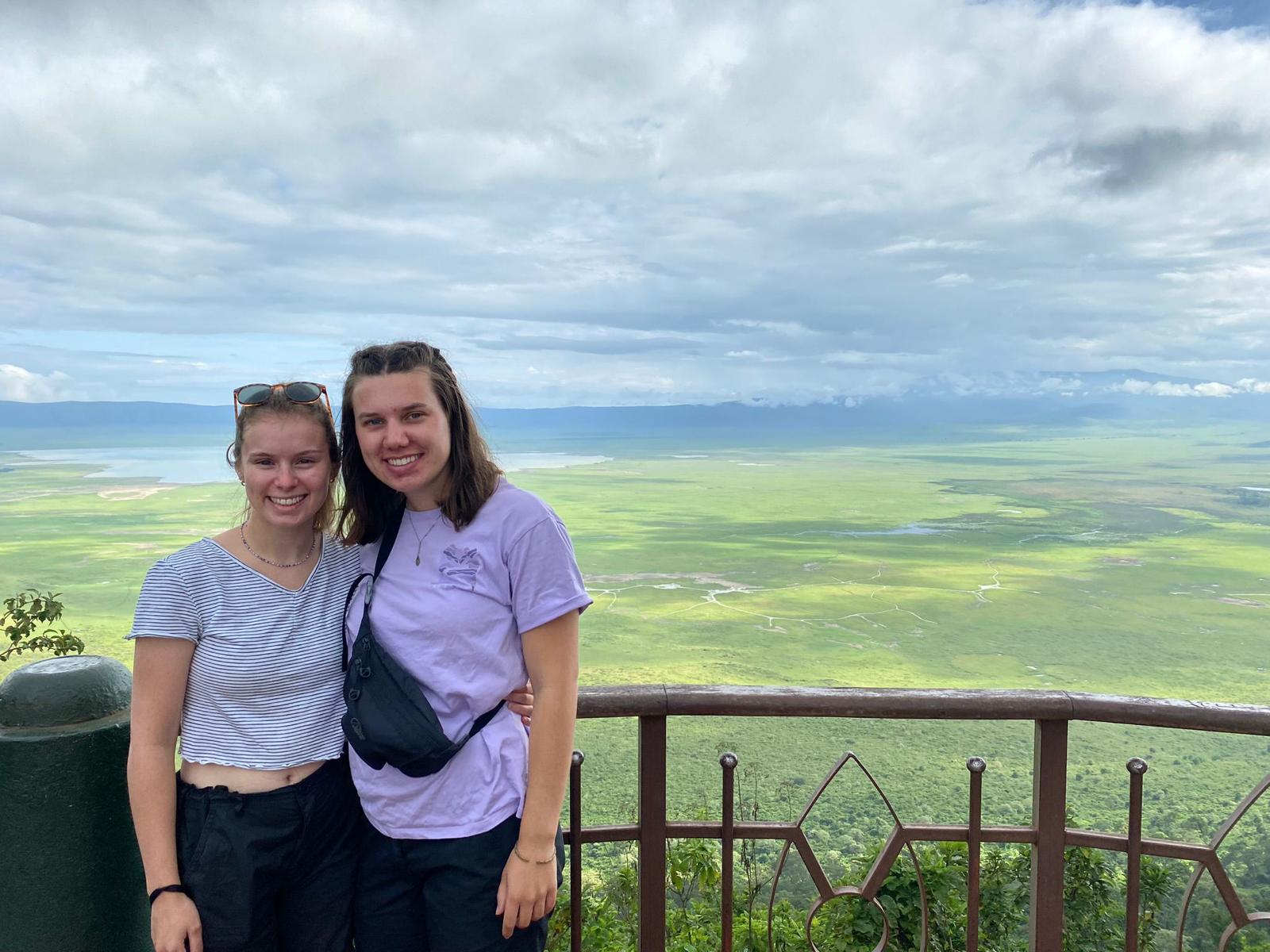
Trusted by:

